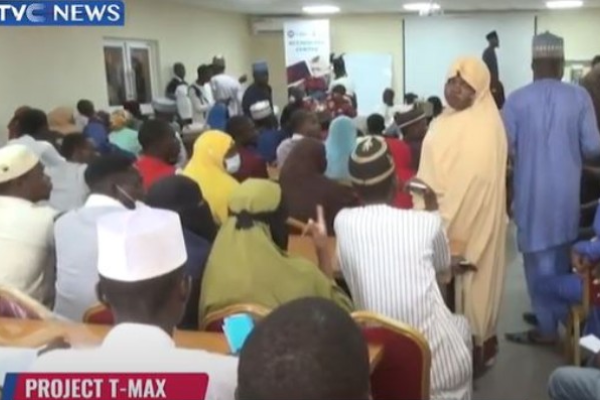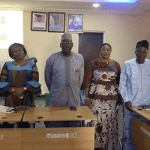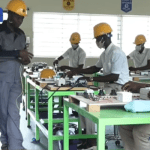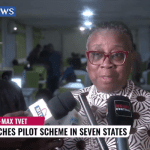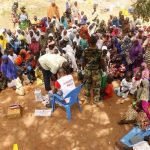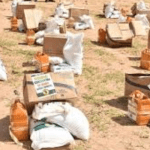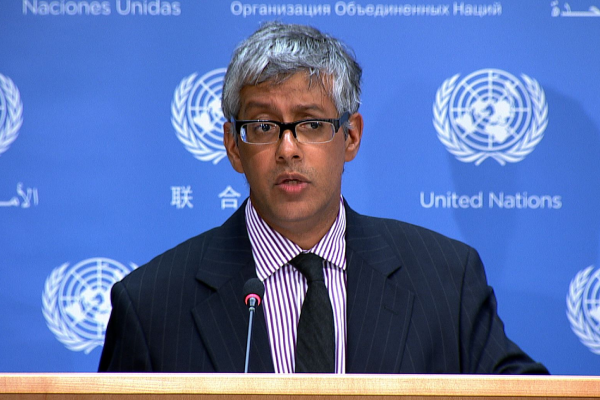One hundred and six thousand persons in Gombe state have applied for the federal government’s vocational skills training program Chad T-Max.
This is for the 2 000 slots allocated to Gombe state.
The zonal manager of the industrial training fund executing the project explained to TVC Correspondent, Lanre Adeyemi about the most suitable and committed applicants would be screened and selected for the training program.
[wonderplugin_video iframe=”https://youtu.be/5cHCQhYfR3o” lightbox=0 lightboxsize=1 lightboxwidth=960 lightboxheight=540 autoopen=0 autoopendelay=0 autoclose=0 lightboxtitle=”” lightboxgroup=”” lightboxshownavigation=0 showimage=”” lightboxoptions=”” videowidth=600 videoheight=400 keepaspectratio=1 autoplay=0 loop=0 videocss=”position:relative;display:block;background-color:#000;overflow:hidden;max-width:100%;margin:0 auto;” playbutton=”https://www.tvcnews.tv/wp-content/plugins/wonderplugin-video-embed/engine/playvideo-64-64-0.png”]
The federal government visited Gombe state two months ago to do some ground work for a vocational training program.
It met with trainers, facility operators and Community leaders with the goal of equipping young people with skills both as business
owners and employers of Labor.
After a comprehensive screening, 2,000 people will eventually become beneficiaries of the federal government’s T-Max project.
The Nigerian Bureau of Statistics in its 2022 report estimates that over 86% percent of residents of Gombe State live in poverty, a clear explanation why these youths are desperate to grab any opportunity.
Gombe state is part of the seven states to benefit from the pilot phase of the T-vet program.
Others include Edo, Enugu, Kaduna, Lagos, Nasarawa and Ogun.
From the growing figures of young people who want to be a part of the training, the federal government maybe compelled to upscale to accommodate more beneficiaries in its second phase of the project.
Project T-MAX is a Technical & Vocational Education & Training (TVET) Programme, which has been approved by the National Steering Committee on National Poverty Reduction with Growth Strategy (NPRGS) as one of the core interventions to achieve the Federal Government’s goal of lifting 100 million Nigerians out of poverty by 2030.

